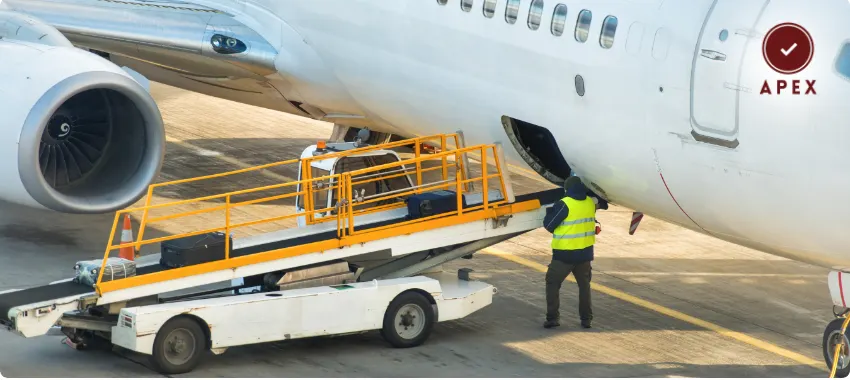ISO Certification for the Transportation / Aviation Industry

Transport plays a vital role in supporting infrastructure, urbanization, and economic development. Each infrastructure project requires careful planning and interdisciplinary technical information so that the finished product can withstand time, weather, and use. A periodic inspection plan will expand the life of the infrastructure through the first identity of reintroduction measures before progress in an irreparable state.
Aviation is the practical aspect or art of aviation, which is the design, growth, production, operation, and use of aircraft, especially heavier than air flight. Development and planning teams in the aviation sector achieve this in a harmonious and coherent national Aviation Strategy through coordination and a combination of long-term needs for the government and stakeholders.
This strategy ensures the development of airport regulators and monitors processes with aviation-approved schemes, and these programs work within safe and efficient airspace using efficient air traffic control systems. This strategy also ensures the effective development of the airport's infrastructure in collaboration with the most significant stakeholders in the organization.
Apex Transport Mobility Management (TMM)
Apex Transport Mobility Management (TMM) can make plans that contribute to extensive political purposes, such as reducing the level of environmental toxins in the air and encouraging healthy and active lifestyles.
Key Benefits of ISO Certification in Transportation and Aviation
- Customer requirements for services are not met
- Reduction in administrative management/cases with insurance companies
- Lack of work absence
- Improvement in productivity by reducing interruptions in many services
- Cost-Reduced Vehicle Repair
- Employee commitment and improvement in the work environment
- Repair cost reduction
How can ISO Standards help your Organization?
- Reduce energy costs
- Provide confidence and insurance to your customers/stakeholders, and their data is preserved
- Follow any international rules
- Improve the demonstration in the organization
- Secure health and safety in the workplace
Related ISO Standards for the Transportation Industry
ISO 9001 Certification
The ISO 9001 certification plays an important role in strengthening efficiency, credibility, and customer satisfaction in the transportation industry. As an international standard for Quality Management Systems (QMS), ISO provides a structured framework for organizations that continuously distribute customer and regulatory requirements to deliver services.
ISO 45001 Certification
ISO 45001 is an international standard for Business Health and Safety Management Systems (OHSM), which is designed to improve staff safety, reduce risk in the workplace, and help create better, safer working conditions.
ISO 14001 Certification
For the transportation and aviation industry, ISO 14001 certification (EMS) is very important due to the sector’s substantial environmental footprint, including fuel consumption, emissions, noise, and waste generation.
Main Role of ISO Certification for the Transport and Logistics Sector
ISO certification is a very important global standard for companies working in every field. This is undoubtedly one of the most essential certificates for the ISO Standard Transport and Logistics Sector.
The goals of the company are the company's goals, employee and employee involvement, well-organized operational processes, increased productivity, etc. The ISO certificate will help to achieve the desired goals without any problems. A transportation company must implement a strong management system to coordinate operations. In addition, ISO certification will help the company maintain top-quality operations and increase customer satisfaction.
Is ISO 14001 Mandatory for Aviation Companies?
ISO 14001 is not compulsory by law but is often required by partners, public agencies, or regulatory bodies. Many airlines, airports, and logistics companies voluntarily use it to meet stability goals and customer expectations.
- ISO 9001 Certification
- ISO 14001 Certification
- ISO 45001 Certification
- HACCP Certification
- ISO 22000 Certification
- ISO 22716 Certification
- Halal Certification
- ISO 27001 Certification
- ISO 22301 Certification
- ISO 41001 Certification
- ISO 50001 Certification
- ISO 10002 Certification
- ISO 10004 Certification
- ISO 26000 Certification
- ISO 31000 Certification
- ISO 20400 Certification
